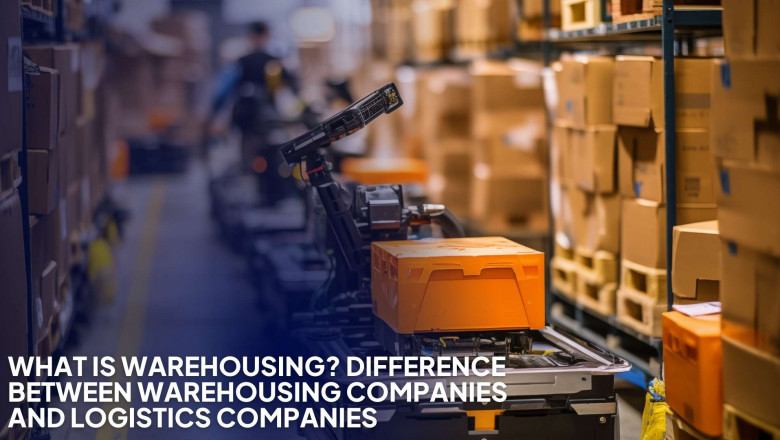93
views
views
Explore the fundamentals of warehousing and understand how it differs from logistics. This blog delves into the key roles and functions of warehousing companies and logistics companies, breaking down their unique contributions to the supply chain.






















Comments
0 comment